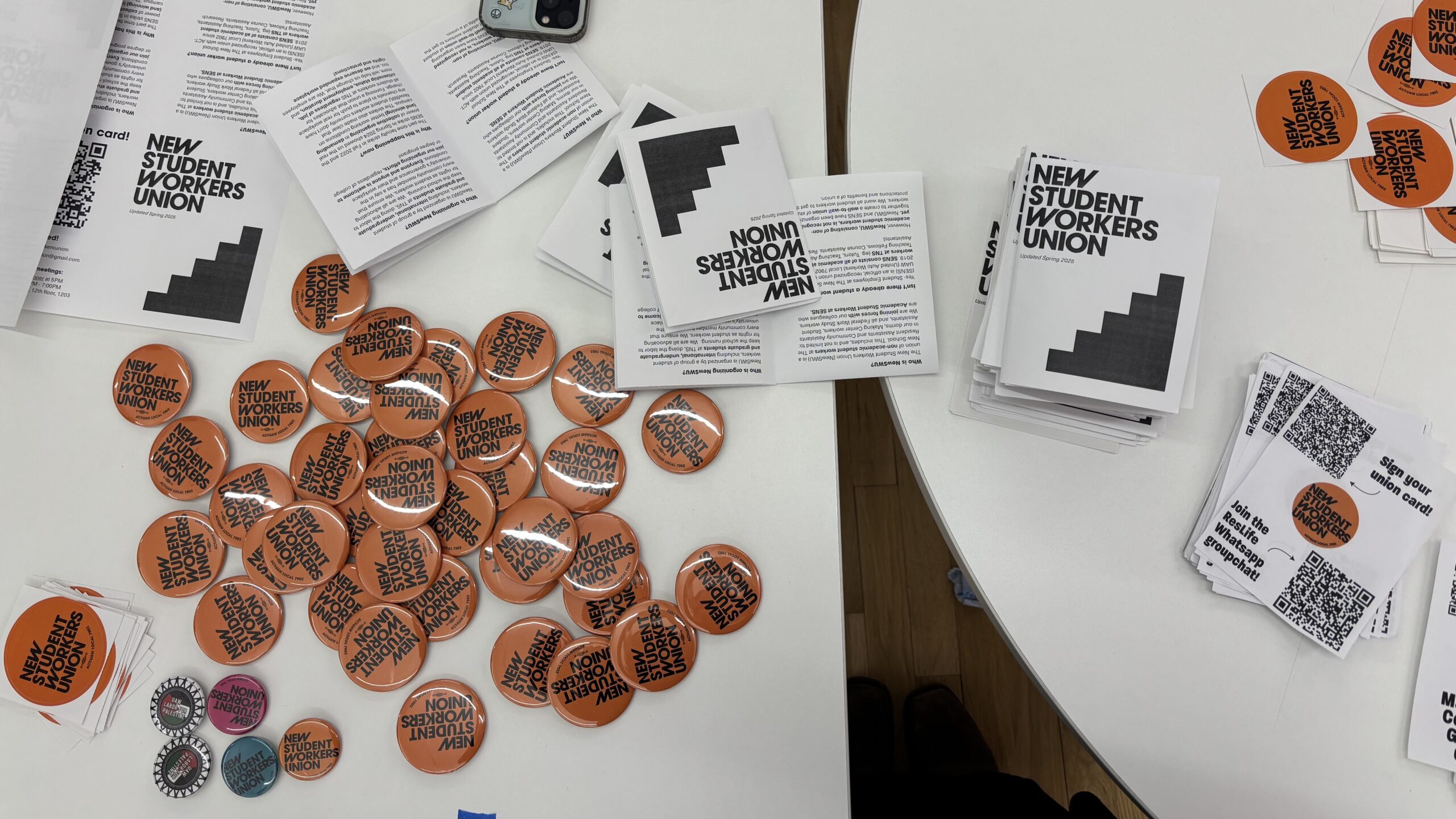As of April 5, the morning-after-pill, otherwise known as Plan B, will be made available over the counter for girls 16 and younger. Brooklyn Federal Judge Edward R. Korman’s decision stroke down age restriction limits on the emergency contraception pill, which is manufactured by Teva Phamaceuticals.
“By reducing barriers in access to reproductive health options for young women these changes are expected to have a positive impact in women’s health overall,” wrote Tamara Oyola-Santiago, a health educator at The New School’s Health Services. “The benefits of greater access to Plan B are largely agreed upon in scientific and public health circles.”
Oyola-Santiago also added that Plan B is available free of charge at Student Health Services.
Plan B was approved in 1999 as a prescription-only product. In 2001 the Center for Reproductive Rights filed a citizens report to make it available over the counter. During George W. Bush’s administration in 2006, over-the-counter sales were allowed for women 18 and older, but females under the age of 17 required a prescription.
In 2011, Health and Human Services secretary, Kathleen Sebelius, countermanded a move by the Food and Drug Administration to make the pill universally available. Because President Obama was campaigning for his second term at the time, Korman said that he did not want critics to accuse him of supporting sexual activity for young girls and therefore only vocalized his support for the move, but would not officially support it.
But many, including the Food and Drug Administration, the American Medical Association, the American Congress of Obstetricians and Gynecologists, the American Academy of Pediatrics, and the Society for Adolescent Health and Medicine have recommended unrestricted access for years. They argued that it would be safer for minors to take Plan B than to wait until the later stages of pregnancy and rely on high-risk medications or procedures.
But Brenna Pladsen, a BAFA student at the New School, believes that making Plan B more widely available could have its downsides.
“I worry that girls will be pressured into unprotected sex if Plan B is perceived as a replacement to typical birth control of an emergency measure,” Pladsen said.
Rachael Sacks, a sophomore at Lang, disagrees. She supports making Plan B available to everyone, and thinks that women should have control over their own bodies. “People are going to have sex, and if condoms are universally available to men and [yet] birth control isn’t immediate and something does happen, women should have the right to protect themselves,” she said.







Leave a Reply